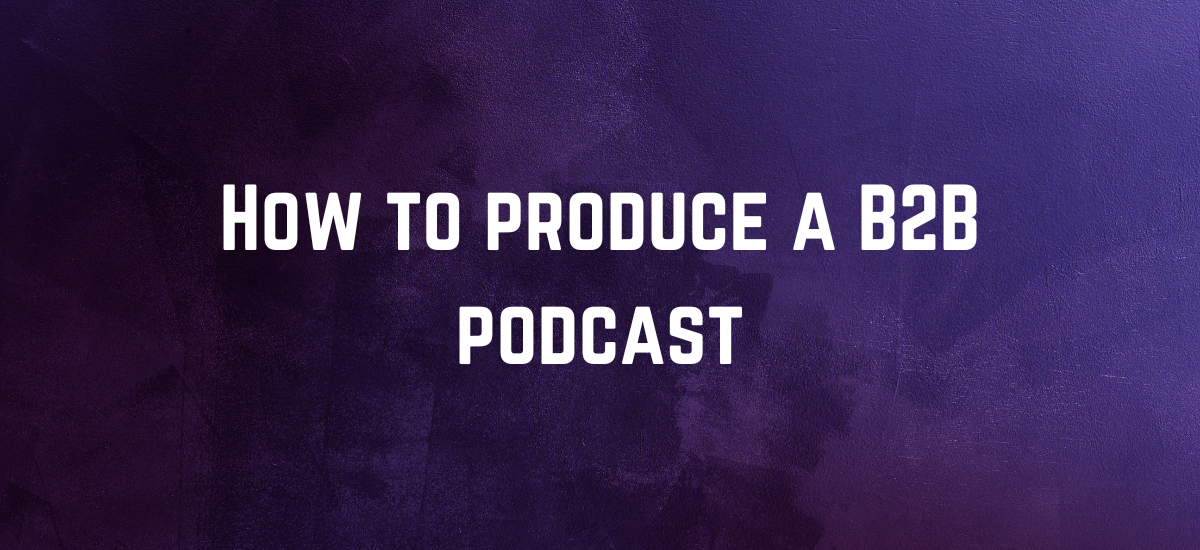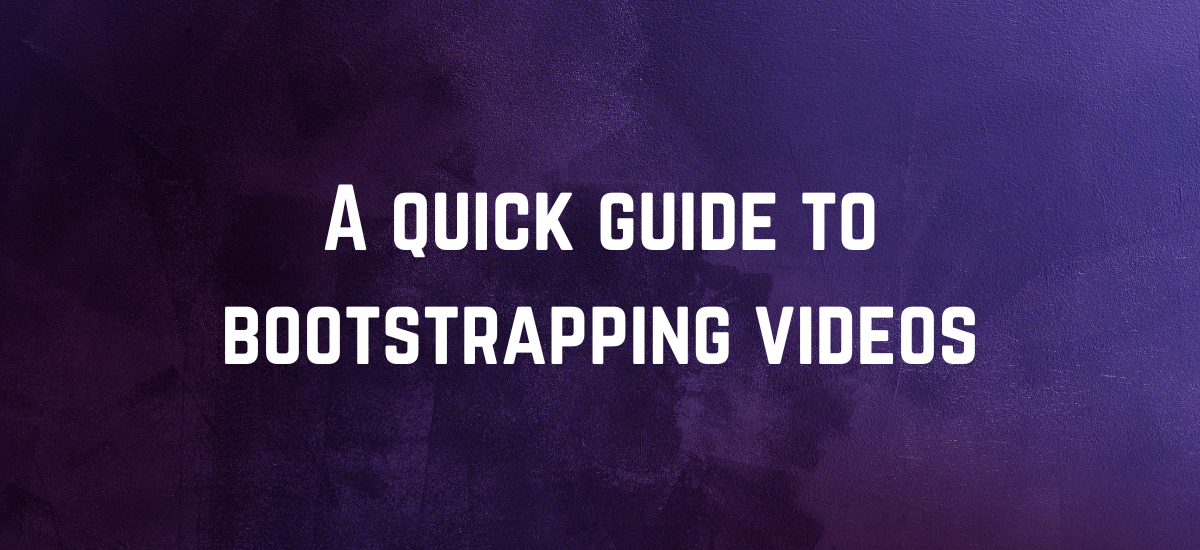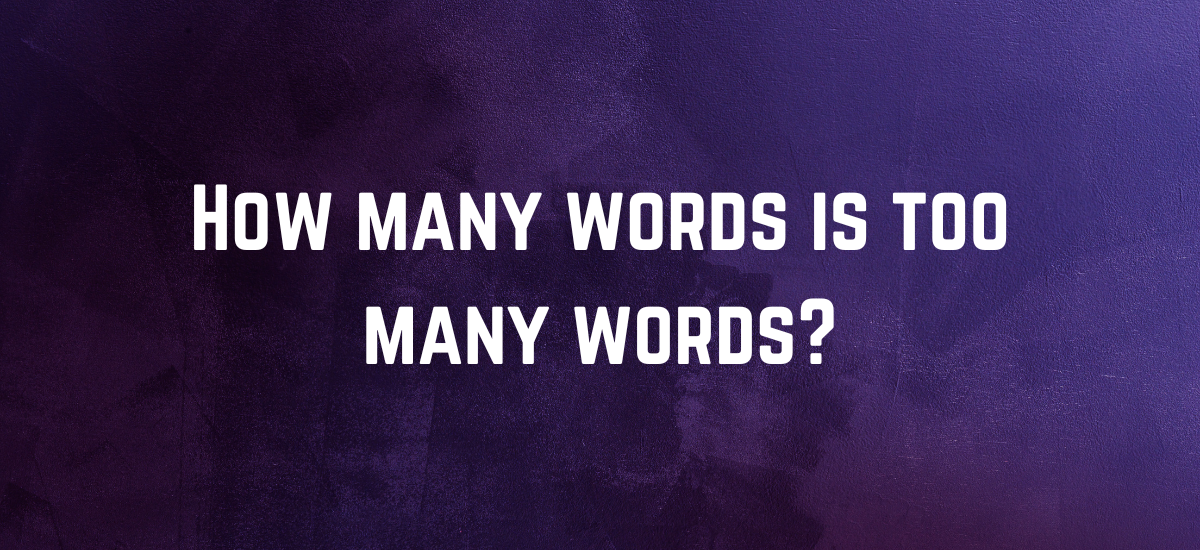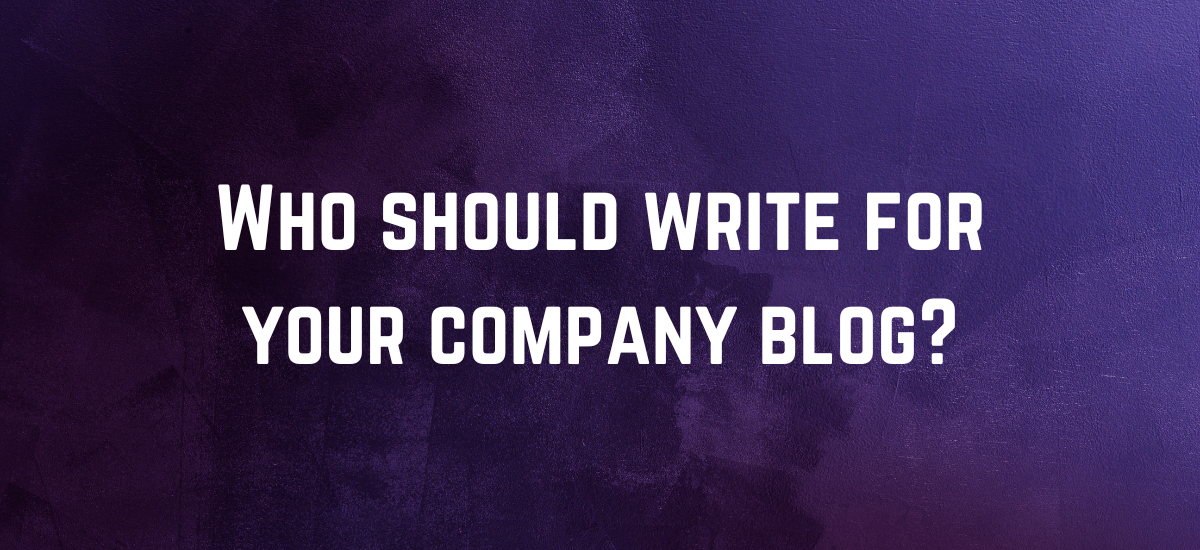by deborah
Share
by deborah
Share

ChatGPT (an artificial intelligence chatbot developed by OpenAI) attracts approximately 96 million visitors every month. Its popularity isn’t expected to slow down anytime soon. In fact, by the end of 2024, its revenue is expected to reach $1 billion.
ChatGPT and other AI-powered tools have transformed how professionals across various industries do business, from software developers to customer service managers. Many brands have also started using it in their content marketing strategy.
Are you curious about how ChatGPT will affect your business and ability to publish compelling content? We’re sharing some of our predictions below, along with some tips on incorporating AI into your content creation plan without sacrificing quality.
The Promises of AI-Generated Marketing Content
Currently, proponents of ChatGPT and other AI tools have made some lofty promises regarding the power of AI-generated marketing content and how AI can revolutionize the content marketing world.
Here are some of the most significant promises you may have heard:
- Better search engine ranking: Because AI tools can generate content faster, it’s easier for brands to saturate search engine results pages with relevant links and improve their ranking.
- Increased publishing frequency and content length: AI tools can produce long-form content quickly, allowing brands to publish content more frequently (which also improves search engine optimization or SEO efforts).
- Creativity assistance: Many people use AI tools to create outlines for articles and provide direction for content creation.
Initially, these benefits sound pretty appealing to most marketers. They might even seem too good to be true.
The Problem with Over-Reliance on AI-Generate Content
The relative newness of AI tools in content marketing means that there are plenty of bugs to work out. ChatGPT and similar products might seem like the answer to all your content marketing woes. However, they present some specific problems that can’t be ignored, including the following:
Lack of Originality
Tools like ChatGPT generate content based on what’s already available online.
This approach is convenient when speed is your primary goal. However, it’s not particularly helpful when you’re interested in presenting a unique perspective or providing your audience with new and valuable insights (which they’re probably looking for when perusing posts on your blog).
Inability to Produce New Information
Similarly, AI-powered tools cannot collect new data, share personal experiences, or perform in-depth analyses on complex topics.
These are all elements that could make marketing content more engaging and compelling to your audience. However, they’ll likely be missing from AI-generated content.
Lack of Authorship
“Written by ChatGPT” doesn’t sound very good, does it?
Credibility matters when it comes to online content.
If someone reads an article that sounds like it’s been written by AI, they might be skeptical about the accuracy or originality of the content shared.
This skepticism could affect the business’s credibility overall.
Reduced SEO Returns
Some AI enthusiasts are singing the praises of ChatGPT and other tools because of their supposed benefits for marketers’ SEO efforts. There’s a problem with this mindset, though.
If it becomes so easy for a brand to gain the top spot on search engine results pages, will the value of that top spot decrease?
The following are some specific SEO-related risks associated with AI:
More Zero-Click Results
In a post-ChatGPT world, zero-click search engine results might increase.
Say someone types a question into Google. Google can use its AI tools to sift through existing results and find the answer. It’ll then present that answer at the top of the SERP without requiring the searcher to click on any of the articles displayed below.
Basically, you’ve given Google (and other search engines) the information they need to produce answers without sending searchers to your website. Even if you reach the number one spot, you might not get the kind of attention on your site that you’d hoped for.
Search Fragmentation
With the help of Large Language Models (LLMs), which are used in generative AI tools like ChatGPT, brands have the potential to create their own search engines, eliminating the need to cater to platforms like Google altogether.
An example of this phenomenon is “Andrew Huberman AI,” a tool that accompanies the popular Huberman Lab podcast, which covers various topics related to health and wellness. This bot is trained on every episode of the podcast and can answer a range of health-related questions as a result.
Don’t Give Up on Professional Content Marketing
The excitement around ChatGPT and its potential in the content marketing space has caused some marketers to turn away from relying on human content marketers. Rather than working with professional content creators or content marketing agencies, they’ve decided to try letting AI do the writing for them.
It’s unlikely these marketers will see the kind of long-term benefits they’re hoping for. A lack of originality, a lack of authorship, and an inability to produce new information may interfere with their desired results.
While there are some benefits to including AI in your content marketing strategy, working with content marketing experts is still helpful. Professional partnerships will help you publish quality content that genuinely helps your audience and encourages them to engage with your business.
Professionals can also help you navigate the ever-changing content marketing world. That way, you stay informed about the latest trends but don’t get pulled toward ones that might not be ideal for your brand.
How to Use Chat-GPT in Your Content Marketing Strategy
If you want to incorporate ChatGPT and other tools into your content marketing strategy, here are some tips that can help you experience the benefits of AI while avoiding the pitfalls:
- Get ideas for new blog posts, videos, etc.
- Find examples to back up your points
- Identify relevant keywords
Some marketers use ChatGPT to produce outlines for their content.
This approach can be a good starting point for some writers. However, you can rarely build off an AI-provided outline without doing a lot of revising and rearranging. We’ve found we end up spending so much time reorganizing the outline ChatGPT delivered that it would have been better to just create our own from scratch! You might have different results.
Final Thoughts
ChatGPT and other AI-powered tools aren’t going anywhere. However, their growing popularity doesn’t have to signal the death of traditional content marketing or partnering with professionals.
We recommend viewing AI as a complement to our existing strategy rather than a replacement.
For more content marketing advice or help creating a plan for your brand, get in touch today.





